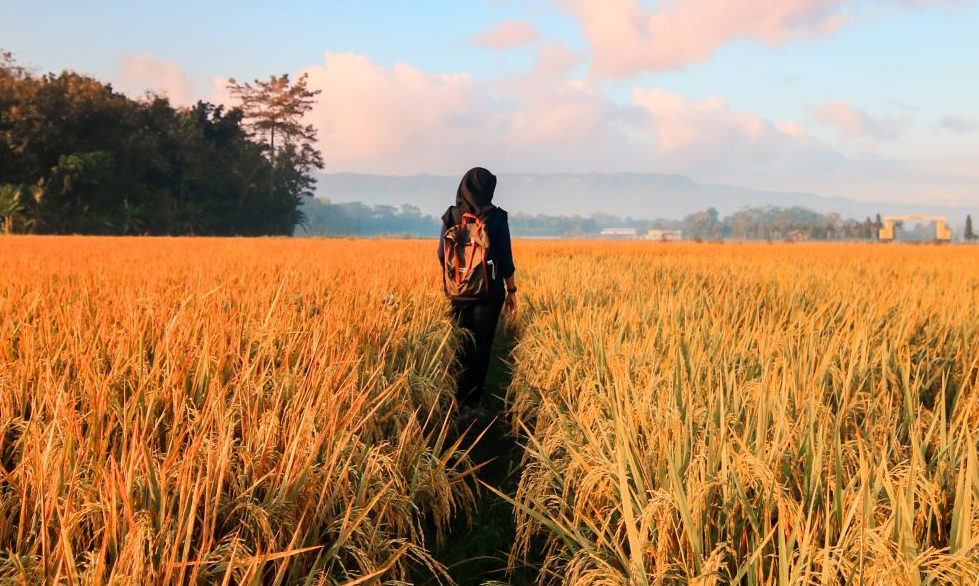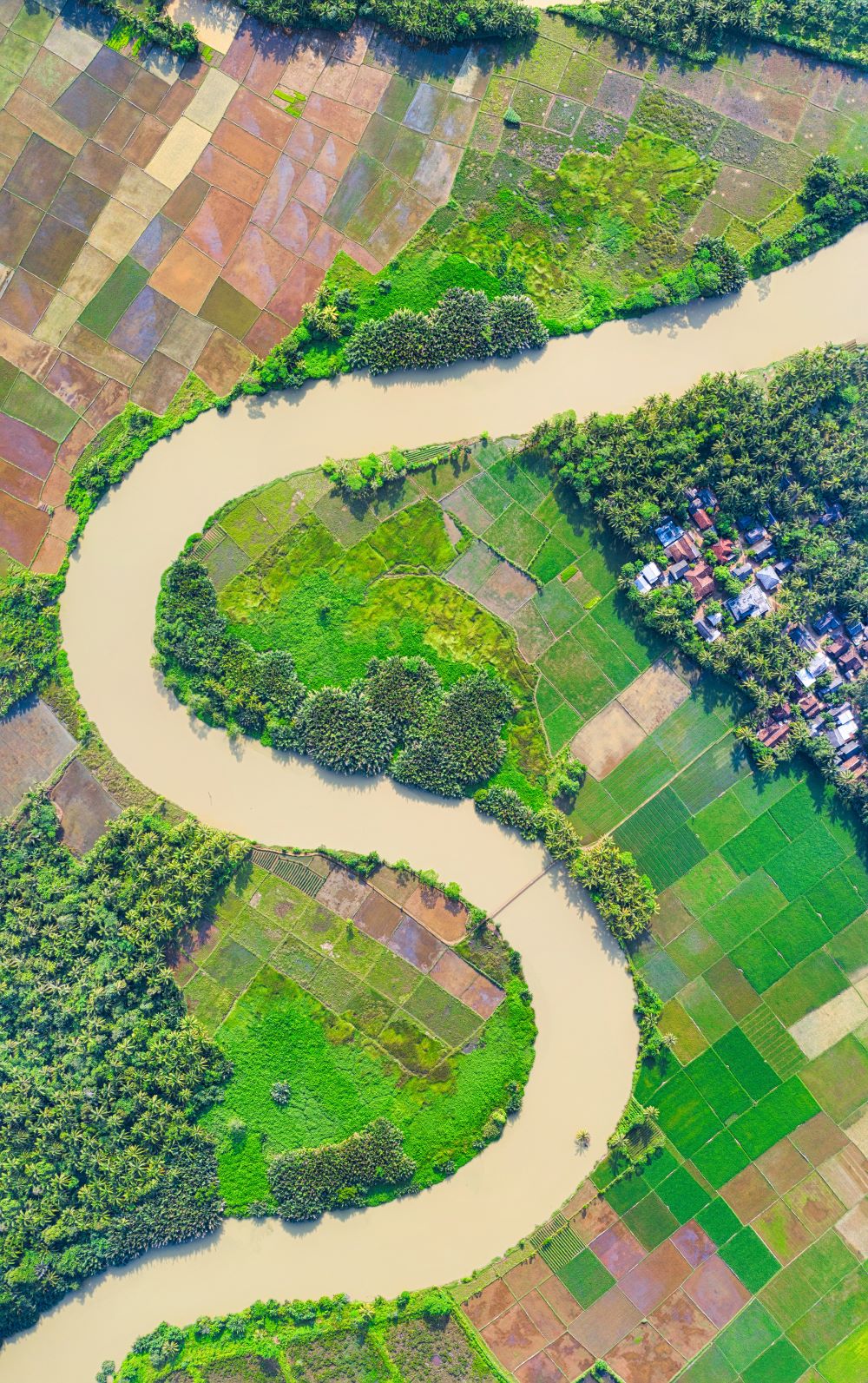Menta health providers are scarce as climate change impacts rural mental health.
Climate change impacts everyone in one way or another. The impacts, however, are not distributed equally across the globe, and some people wind up dealing with more adverse effects than others. And, where the impact of climate change spills over to have an impact on the financial well-being of families and entire communities, especially in rural countries, the issue can become one that takes a major toll on mental health.
Sadly, this is commonly a major issue in rural, less-developed areas where many people are already living near or below the poverty line. Looking at people in Bangladesh who are dealing with the problems of climate change, and the financial ramifications of those changes, provides an insight into the scale of this issue.
In Bangladesh, as in so many other places, climate change has made traditional ways of earning a living far more difficult, if not impossible. Land that was once useful for growing crops now often goes back and forth between cycles of drought and flooding, making it hard to grow food that can be sold for enough money to support a family.
One family, that of a young man named Ripon Mondal, has lost their watermelon crop and is finding it hard to make ends meet. That’s a practical problem in and of its own right, but it is also a mental health issue as the struggles weigh on everyone in the family.

Making the issue worse is the isolation that many of these people experience due to their geographical location. For instance, Mondal’s family lives far from any potential mental health services, leaving those with anxiety and depression – which is roughly a quarter of the population of the country – on their own to fight their way through it.
There are roughly 170 million people that live in Bangladesh. For such a sizable population, only a few hundred mental health workers are available, and most of those are located in bigger cities that are hard to reach for people from rural areas. When the lack of mental health support is combined with the stresses of a changing climate, it’s not a recipe for good outcomes.
There is a cruel double-bind involved with climate change and people in vulnerable situations, like those living in rural countries, including Bangladesh. On one side, these people are more exposed to the problems of climate change, since they largely rely on the land to provide their living. And, when a climate disaster does come through, they don’t have the resources needed to pick themselves up and rebuild.
Fighting back against climate change is important for innumerable reasons, and the toll that a changing environment can take on the mental health of millions is just another point to add to that list. As more and more people are impacted, hopefully the resources necessary to make meaningful changes are made available, and more and more people will fully grasp the urgency of the climate emergency.
Sources:
Climate change takes heavy toll on mental health in Bangladesh


Join the conversation!